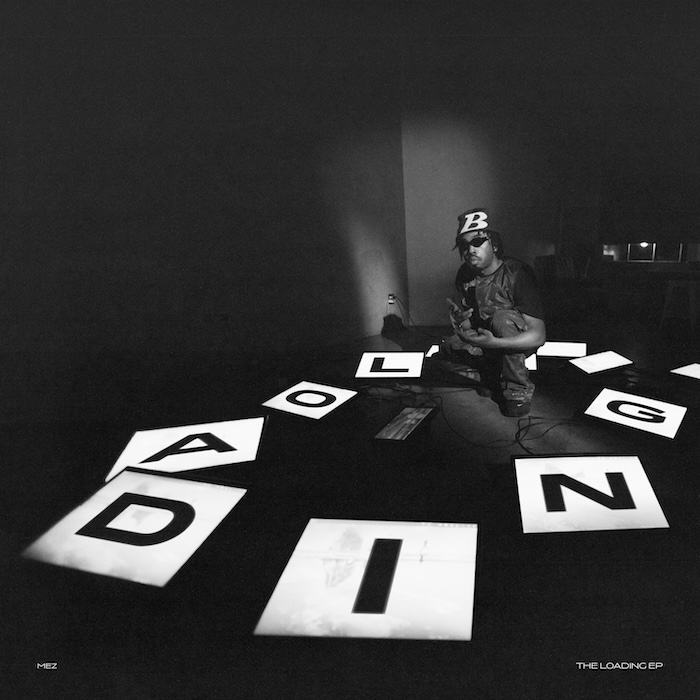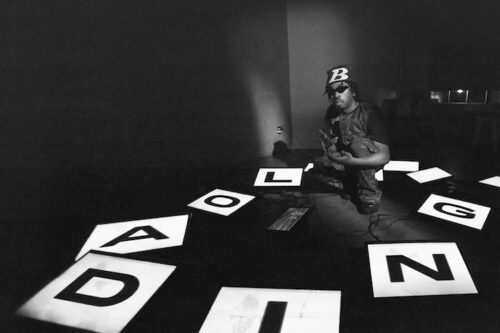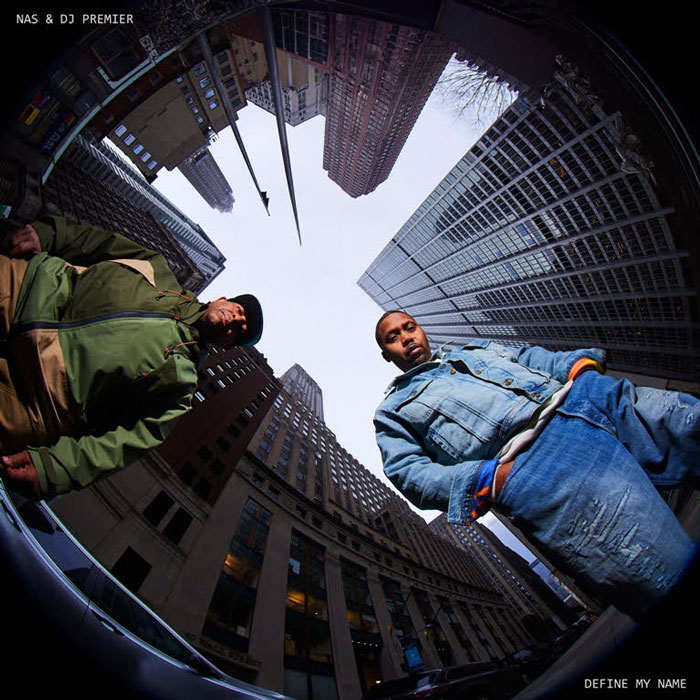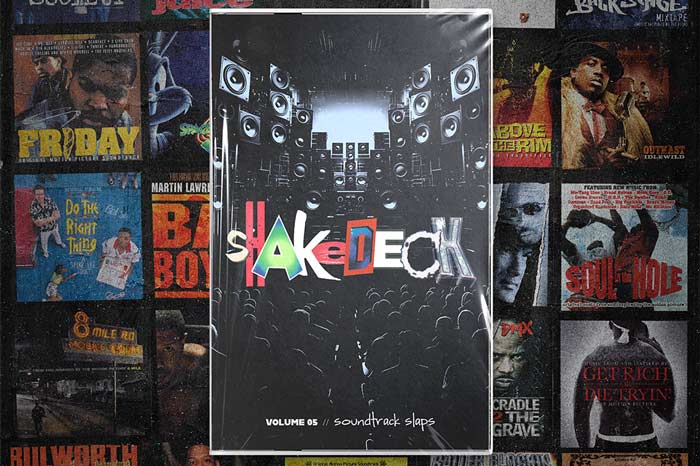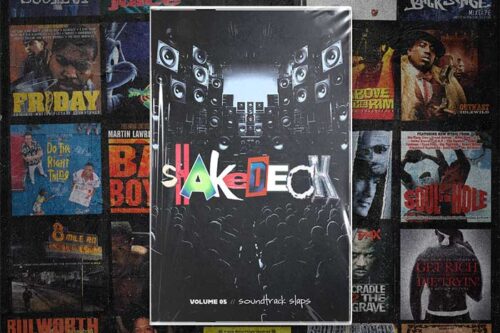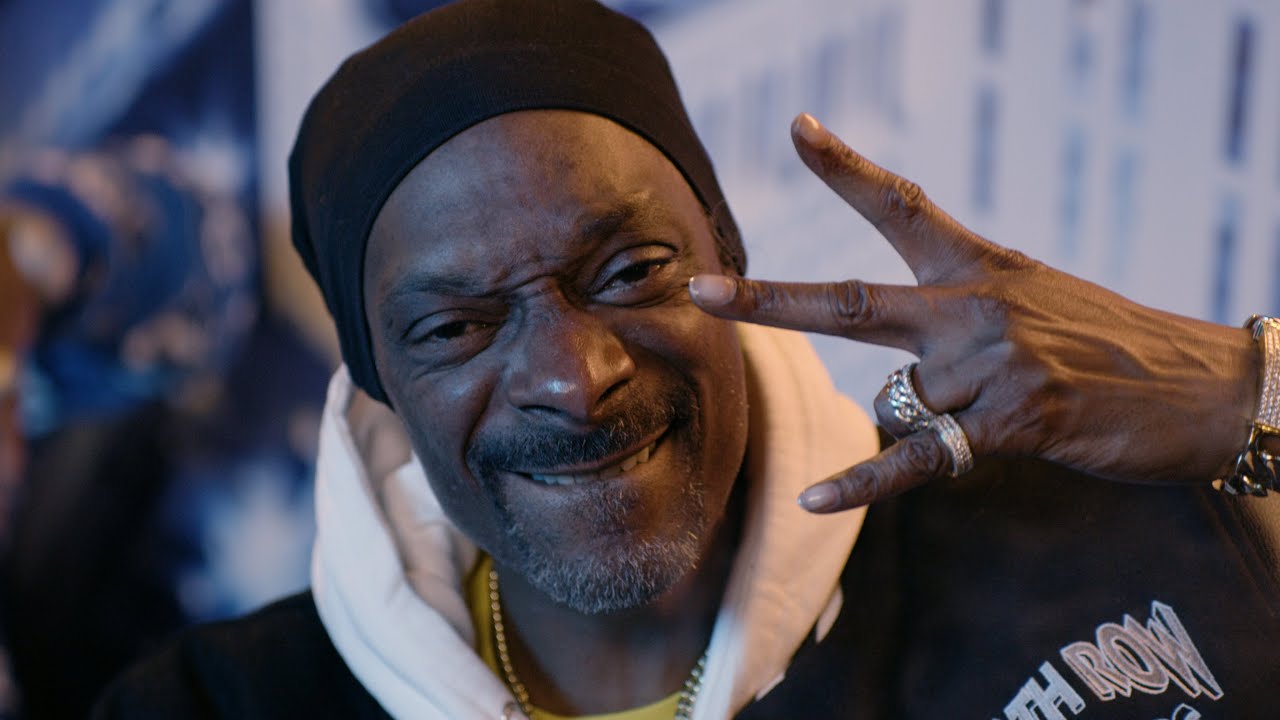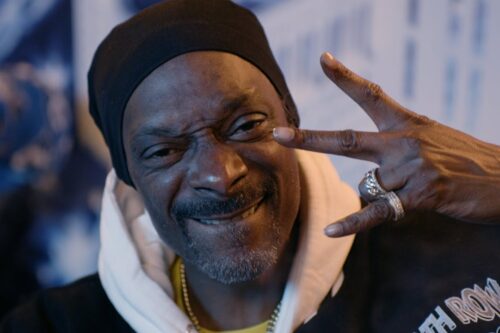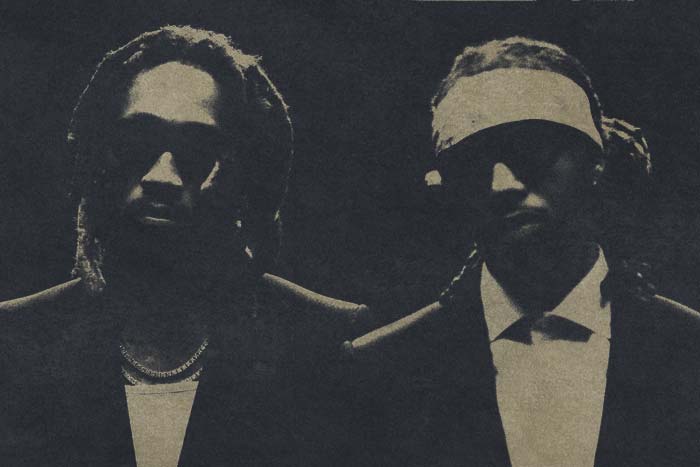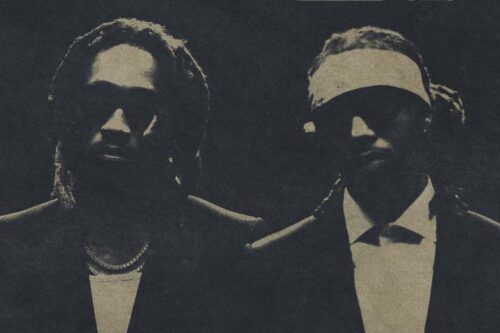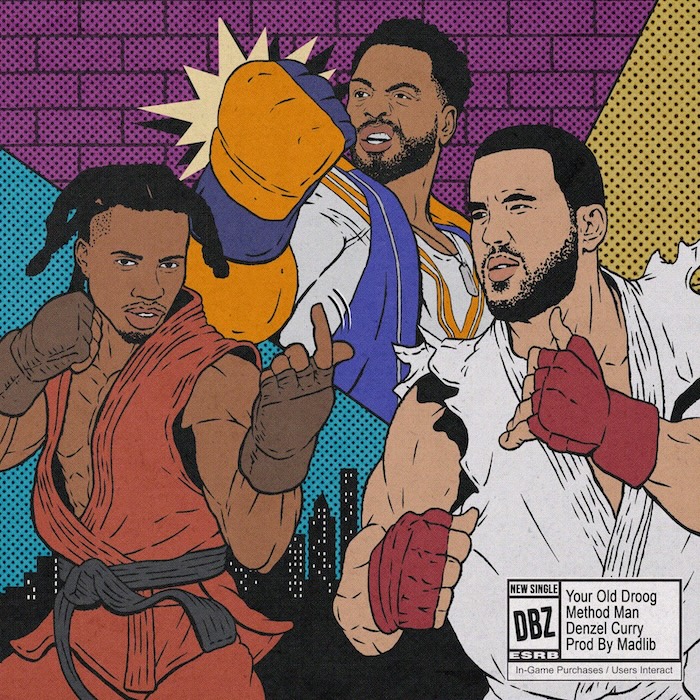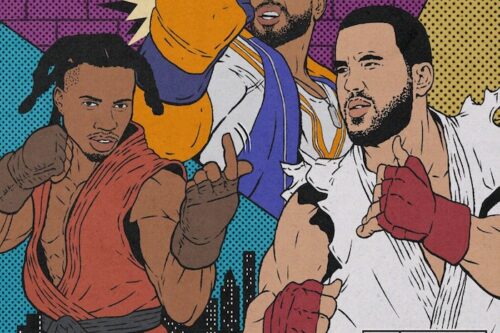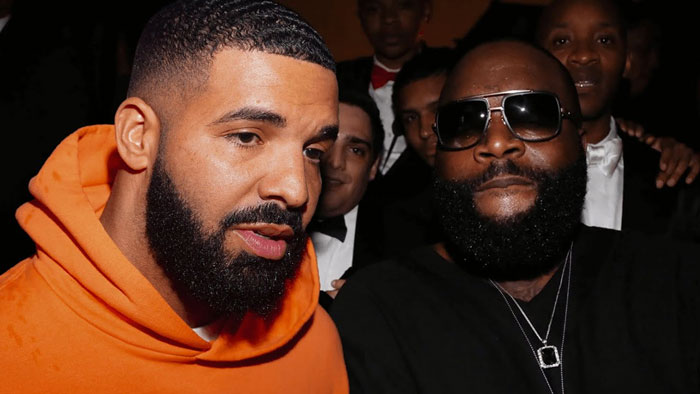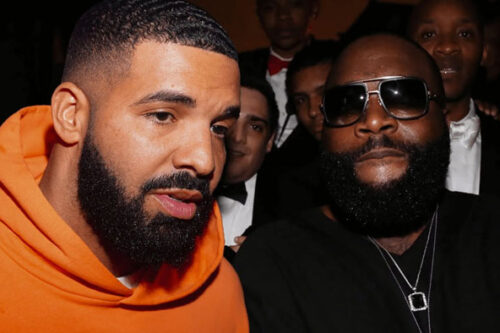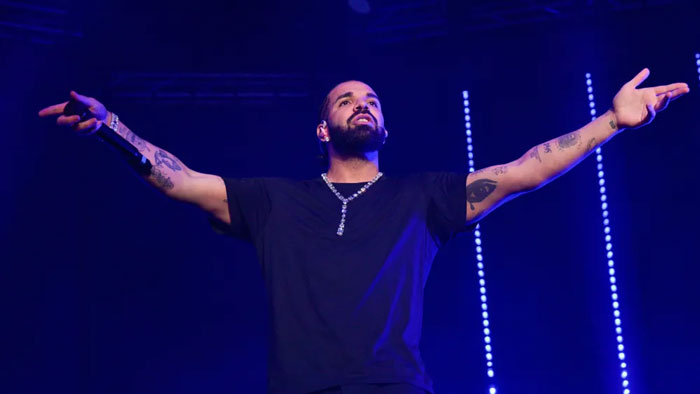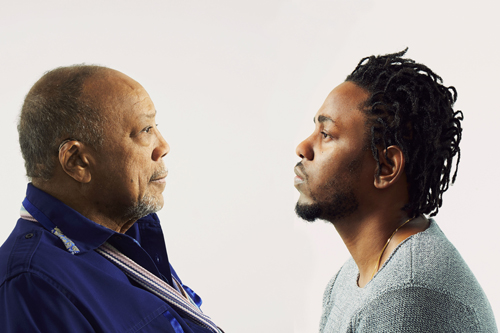
Of all the musicians to be learn from, Quincy Delight Jones, Jr. could quite possibly gift you with some valuable jewels of knowledge. That’s exactly what happened when Kendrick Lamar sat down with Quincy and conducted a lengthy interview for HYPETRAK Magazine‘s latest print issue.
Meeting Jones for the very first time, the two discussed their generational similarities and differences, how their upbringing inspired their music and how that same music inspires others to follow their footsteps, the true origins of the global hip hop culture, and much more. The entire segment is rather dense read (which viewers should definitely check out), but here are some key quotes from the piece.
Both appreciative of music that not only provides a narrative but a dissection of our reality, Quincy and Kendrick move past the introductions and immediately connect over the violence that plagued their early years. The conversation hits a somber note when Jones recalls his earliest brush with death while growing up in a post-Capone 1930s Chicago, a city that later raised Lamar’s parents.
“That’s my medal,” Quincy points to a scar on his hand as a very visual metaphor for his childhood. “Seven years old, wrong neighborhood; they took a switchblade and nailed my hand to a fence. I almost died. And you think it’s heavy now? Shit.”

After providing a brief but vivid account of his arduous childhood, the 82-year-old musician-turned-multimillionaire entrepreneur moves to the edge of his chair to add, “The hood is the same everywhere in the world.” As his words linger, leaving Kendrick anticipating his next piece of advice, you can hear a hint of fatigue echoing from Quincy’s voice, and rightfully so. Although the decades of social activism, from working with Martin Luther King, Jr. to Nelson Mandela, may have had its toll on Jones and his well-known joyous spirit, it’s likely more indicative of the uphill battle that constantly awaits his people.
Listing the places he’s been, the languages he’s learned, and the cultures he’s studied, Quincy urges his musical offspring to do the same and experience it for himself. “It’s so educational – the food, the music, the language.”
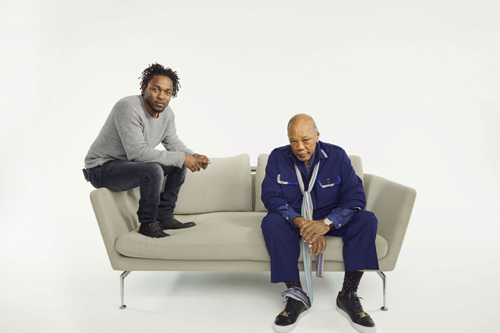
Unfortunately, hip-hop has veered off course, abandoning this very essence without ever knowing it existed. Aware of the self-destructive path it’s on, frustration pours from Quincy’s voice as he moves closer to Kendrick to ask, “Do you know where rap came from?”
Lamar hesitates before responding as if questioning everything he’s learned, “My generation would say the Bronx.”
“Bullsh*t,” declares Jones. He then begins listing the various forms of expression that have had a helping hand in shaping hip-hop, from the social commentary and oral history of West African poets called griots and the imbongi of South Africa, to early 20th century African American males battling with witty insults in “the Dozens,” to similarities between capoeira – a Brazilian martial art that incorporates elements of dance and music – and breakdancing.
As the industry continues to manipulate and marginalize black culture, a theme that weaves in and out of Kendrick’s music, Quincy attributes the lack of originality, cultural leaders, and a meaningful voice in hip-hop to not knowing its history or its origins. With Kendrick hanging onto every word, Quincy confidently says, “You get to where you’re going easy, if you know what happened before you and how it got there. It’s very important.”
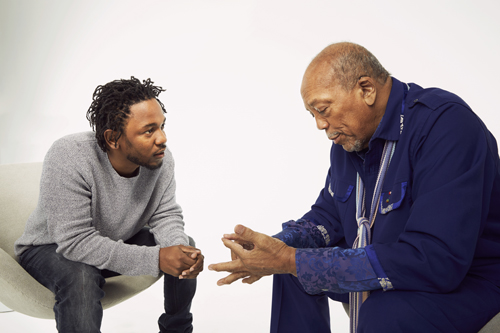
Read the entire interview at HYPETRAK. Meanwhile, you can watch a small portion of their meeting below.

